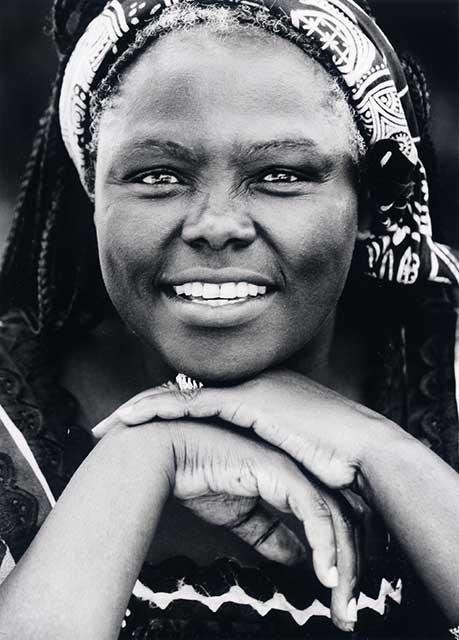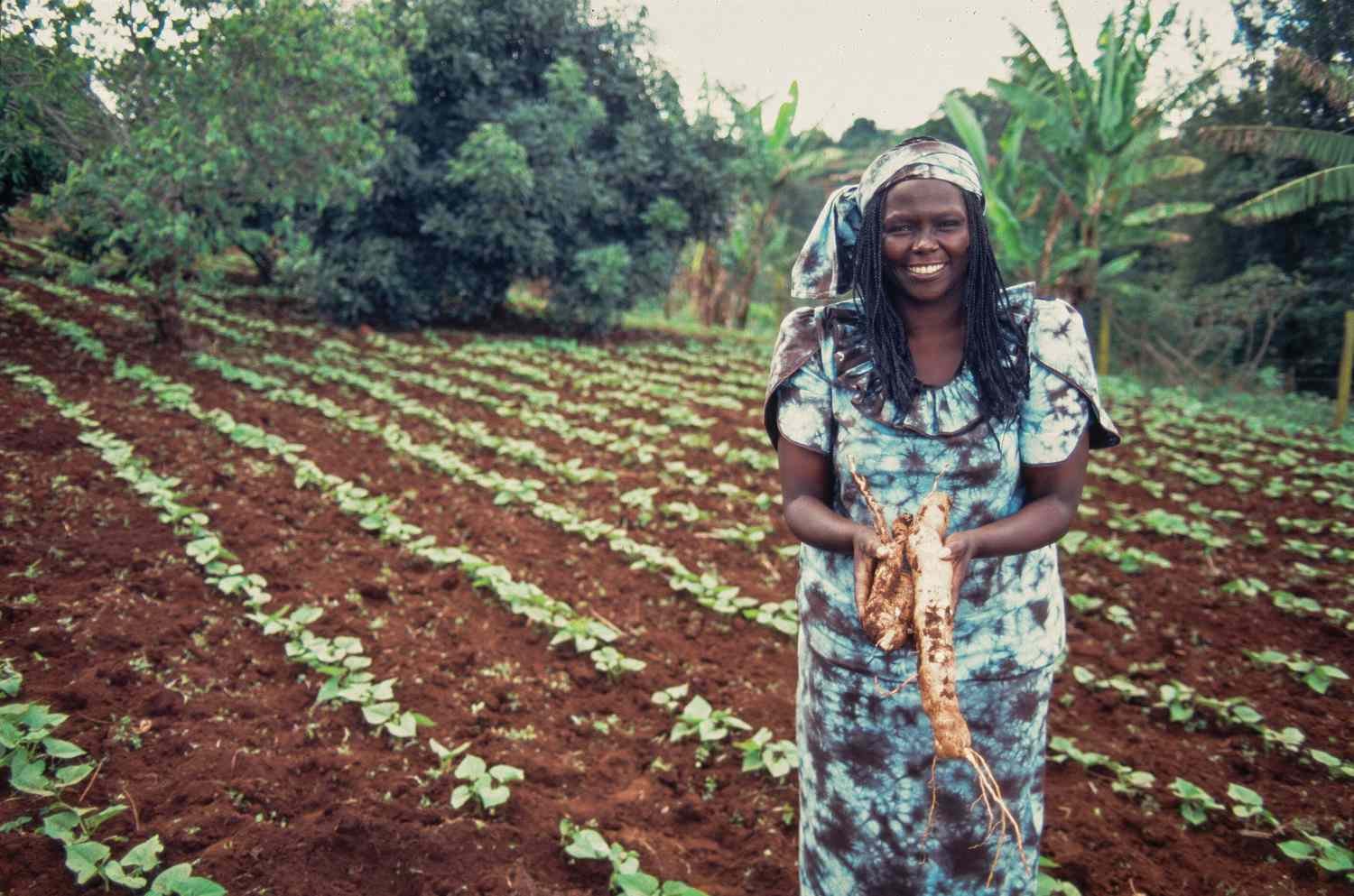African Women Series: Wangari Maathai
By: Vennisa Owusu-Barfi
Wangari Muta Maathai was born in Nyeri, a rural area of Kenya (Africa), in 1940. She obtained a degree in Biological Sciences from Mount St. Scholastica College in Atchison, Kansas (1964), a Master of Science degree from the University of Pittsburgh (1966), and pursued doctoral studies in Germany and the University of Nairobi, before obtaining a Ph.D. (1971) from the University of Nairobi, where she also taught veterinary anatomy.
Source: Biography
The first woman in East and Central Africa to earn a doctorate degree, Professor Maathai became chair of the Department of Veterinary Anatomy and an associate professor in 1976 and 1977 respectively. In both cases, she was the first woman to attain those positions in the region.
Founding the Green Belt Movement
Wangari Maathai's most enduring legacy is her founding of the Green Belt Movement, a grassroots environmental organization that has empowered countless individuals and communities across Kenya and beyond. Through tree planting, conservation efforts, and advocacy for sustainable development, Maathai transformed the environmental landscape of her country and inspired a global movement for change.
Nobel Peace Prize and International Recognition
In 2004, Wangari Maathai was awarded the Nobel Peace Prize in recognition of her extraordinary contributions to peace, democracy, and environmental conservation. This prestigious honor catapulted her onto the world stage, where she continued to champion causes dear to her heart, including women's rights, social justice, and ecological sustainability.
Source: Right Livelihood
Throughout her life, Wangari Maathai remained a tireless advocate for environmental stewardship and social progress. From serving as president of the African Union's Economic, Social, and Cultural Council to spearheading initiatives aimed at protecting vital ecosystems, Maathai's leadership left an indelible mark on the global community.
Literary Works and Documentary
In addition to her activism, Wangari Maathai was a prolific author, penning four influential books that delved into her experiences, philosophy, and vision for the future. Her life and work were also the subject of a documentary film, "Taking Root: the Vision of Wangari Maathai," which showcased her remarkable journey and the transformative power of grassroots activism.
Source: ThoughtCo
Legacy and Posthumous Recognition
Despite her passing in 2011, Wangari Maathai's legacy continues to inspire generations of activists and change-makers around the world. From memorial trees and gardens to prestigious awards in her name, Maathai's impact on environmental conservation and social justice remains as potent as ever.



